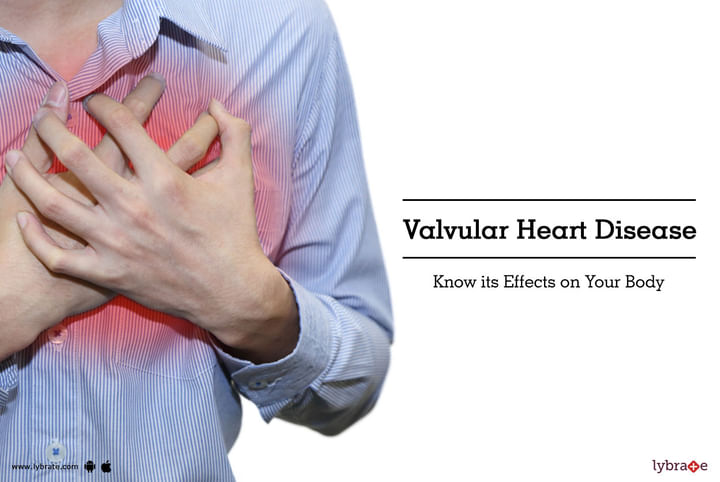Valvular Heart Disease: Know its Effects on Your Body
Valvular heart disease refers to the damage in one or more of the four heart valves, namely the aortic, mitral, pulmonary, and tricuspid valve. The four heart valves are located at the exit of the heart chambers and help in blood circulation. In case any of the four valves malfunction, the one-way flow of the blood is disrupted, which leads to leakage.
Causes and symptoms of heart valve disorders
Heart valve disorders may be congenital (present at birth), or they may occur in adults due to an underlying condition or disease. The most common causes of valvular heart disease are-
-
An inherited heart defect
-
An inflammation of the heart tissues
-
Rheumatic fever - an infection brought on by the group A Streptococcus bacteria
Signs to watch out for
People with heart valve diseases usually encounter the following symptoms-
-
Weakness and fatigue
-
Palpitation
-
Discomfort in the chest
-
Rapid weight gain
-
Swelling of the feet, ankle or the abdomen
How does valvular heart disease affects your body?
Valvular heart disease can affect a person’s health in a number of ways. Besides interrupting your day-to-day activities, the disorder can lead to fatal complications such as-
-
Heart attack- A condition, also known as myocardial infarction, that causes blockage in the flow of blood to the heart muscle.
-
Stroke- In this condition the poor blood circulation leads to partial or permanent brain damage.
-
Endocarditis- An infection of the heart valve or of the endocardium (its inner lining).
-
Regurgitation- When the valves do not close properly and cause the blood to your heart, flow backwards.
-
Stenosis- When the valve cusps become stiff or thick, they may merge together, further resulting in a narrowed valve opening and reduced blood flow to the heart.
-
Atresia- When the valves are not fully formed, and a hardened sheet of tissue blocks the flow of blood between the chambers of the heart.
Valvular heart diseases are curable, only if you seek immediate treatment after the diagnosis. Depending on the symptoms and severity of the heart condition, the doctor will prescribe you medications, lifestyle changes, or even recommend surgery.


+1.svg)
